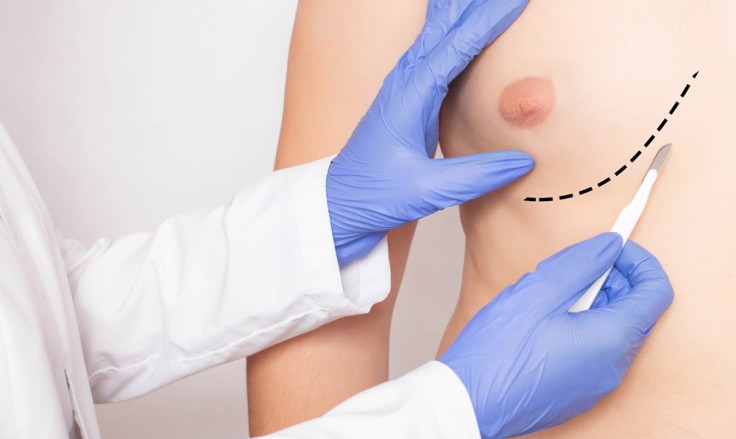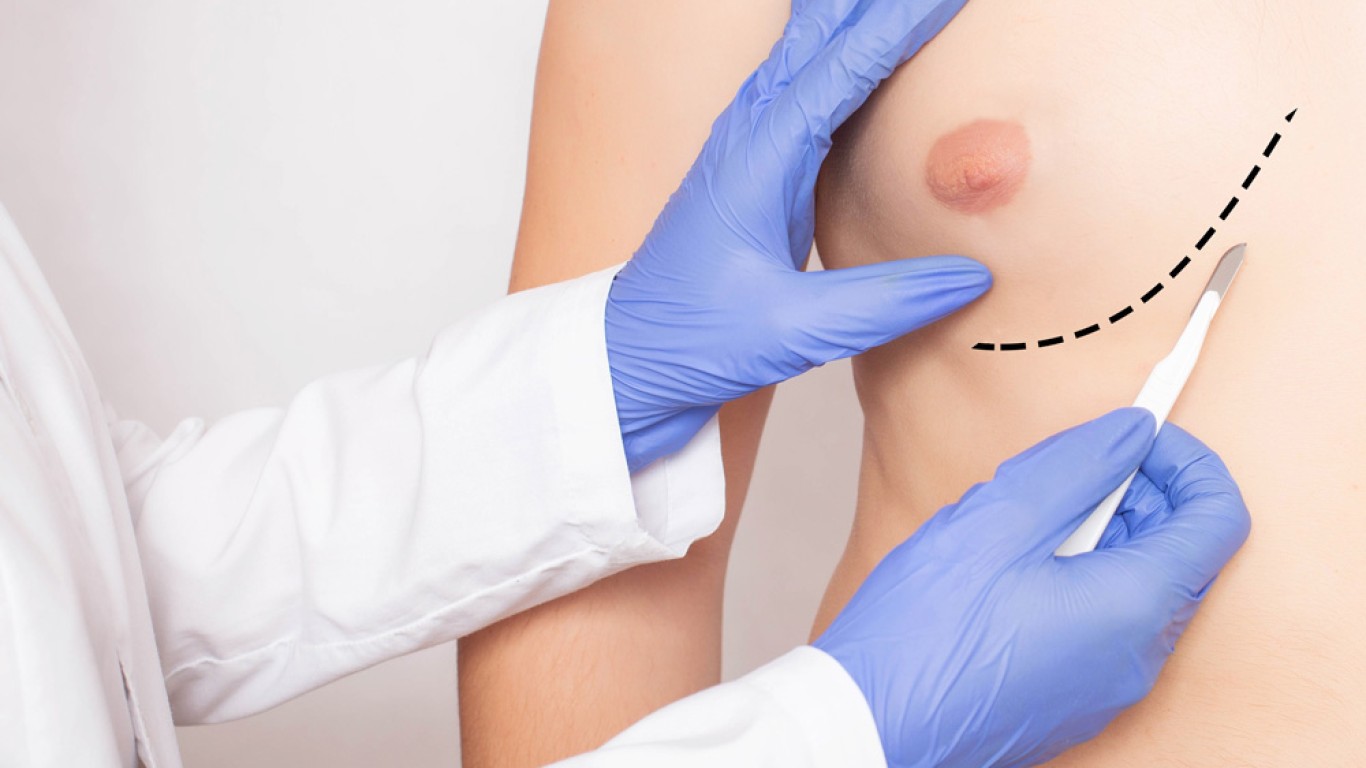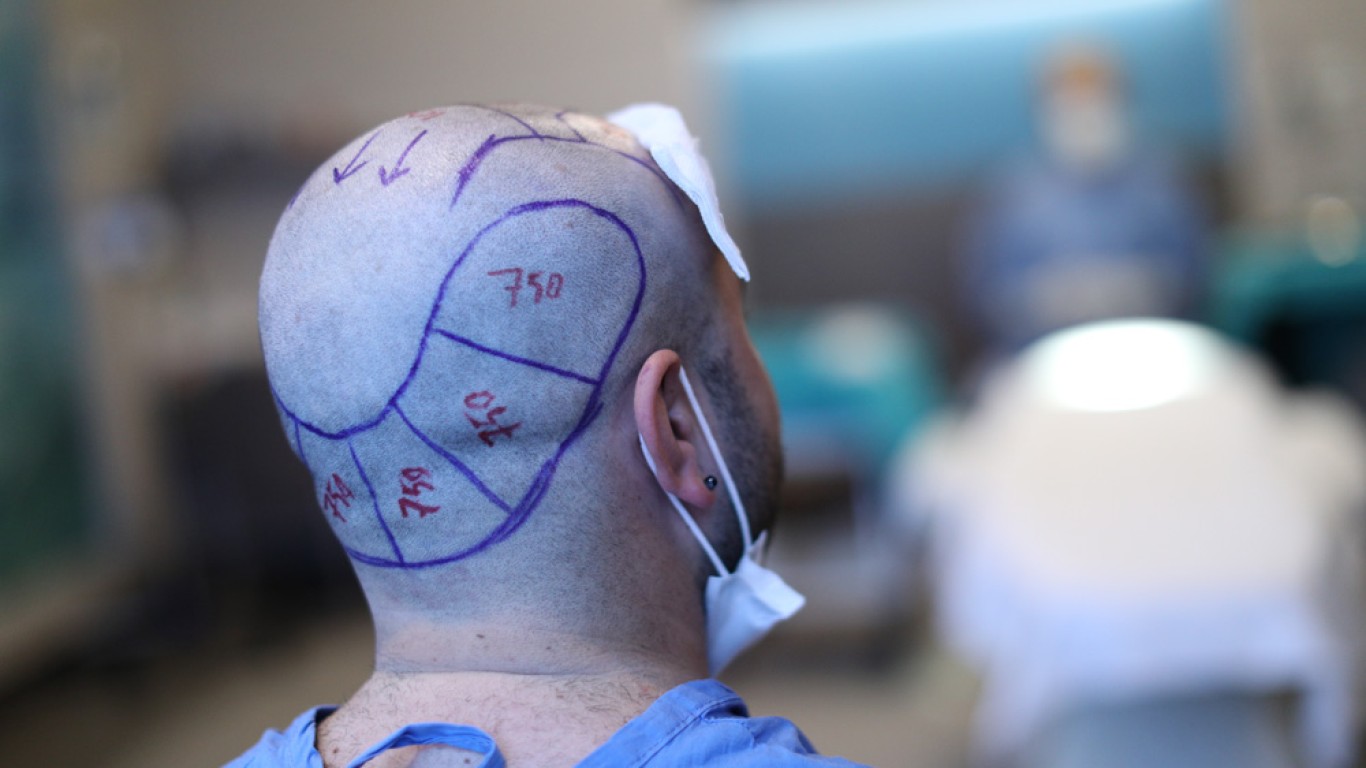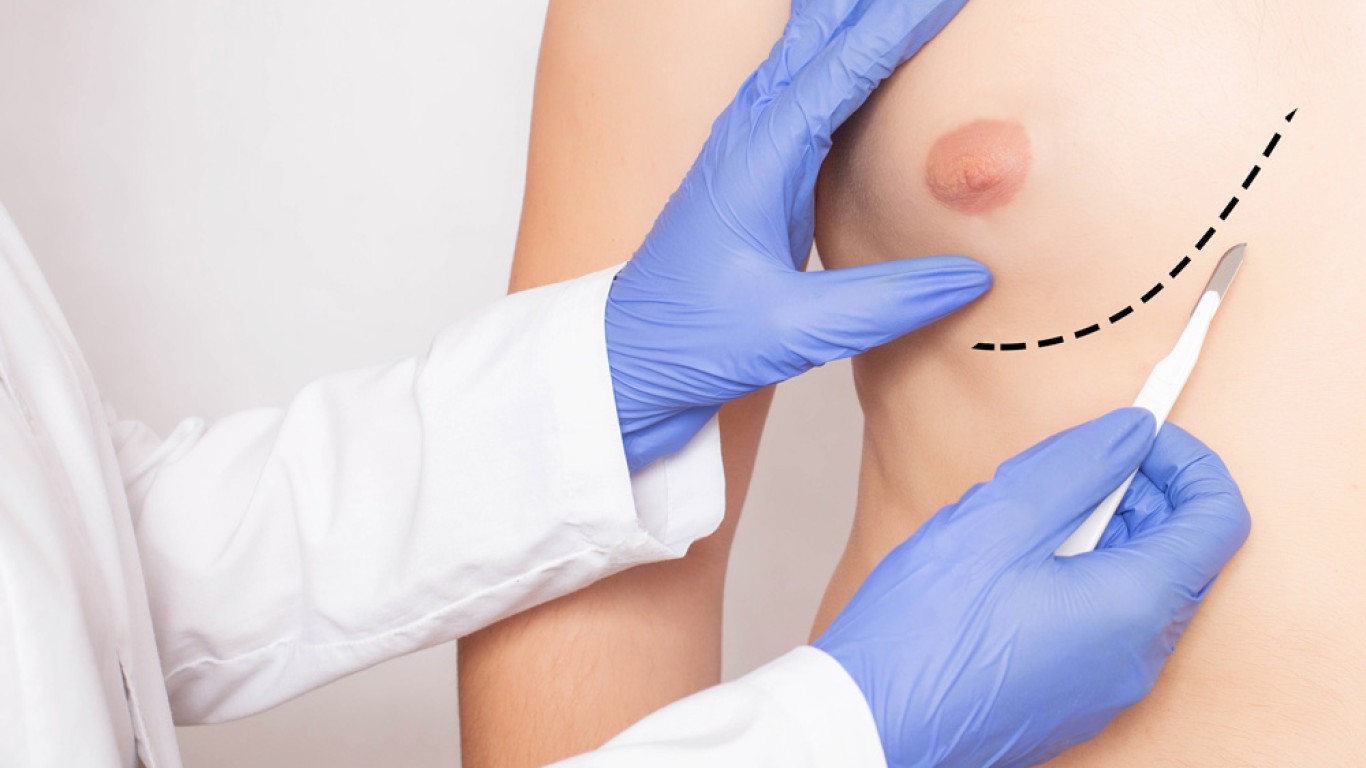Gynecomastia, a condition affecting many men, can be a source of discomfort and self-consciousness. Understanding this condition is key to managing it effectively. Here are seven crucial things to know about it.
1. What Is Gynecomastia?
Gynecomastia is the enlargement of breast tissue in males. It's caused by an imbalance of oestrogen and testosterone, leading to breast tissue growth. The condition is not merely a cosmetic concern. It can also be associated with tenderness or sensitivity in the breast area. This adds a physical discomfort element to the psychological distress it often causes.
2. Causes
Hormonal Imbalances - Most cases stem from hormonal changes. An increase in oestrogen or a decrease in testosterone can trigger this condition. Certain medications, obesity, and certain health conditions like liver disease can also cause gynecomastia.
3. Age-Related Incidences
Gynecomastia can manifest at various stages of life, each marked by its unique hormonal changes. This condition is most commonly observed in three distinct age groups: newborns, adolescents, and older men. Understanding these age-related tendencies is crucial for correctly identifying and managing your condition.
4. Symptoms to Watch For
Enlarged breast gland tissue and breast tenderness are both common symptoms. The enlargement can be unilateral (one breast) or bilateral (both breasts). It may develop unevenly, with one breast appearing larger than the other. The affected area may also feel tender or sensitive to touch.
5. Diagnosis of Gynecomastia
The diagnosis of gynecomastia is a comprehensive process. It involves several steps to ensure an accurate understanding of the condition. This also helps rule out other potential causes of breast enlargement. Full diagnosis typically involves a medical history review, physical exam, and imaging or blood tests.
6. Treatment Options
In many cases, especially in male adolescents, enlarged breast tissue will resolve on its own. For persistent cases, medications to balance hormone levels may be used. In significant cases of discomfort or psychological impact, surgical options are available, such as liposuction or mastectomy.
7. Living with Gynecomastia
Enlargement of male breast tissue can have a significant psychological impact. The condition can impact self-esteem - support and counselling may be beneficial. Maintaining a healthy weight and avoiding substances that can affect hormone levels are recommended.
For more information and to book an appointment, visit the ACIBADEM Beauty Center website.
Conclusion
Gynecomastia, while a common and often harmless condition, can have significant physical and psychological effects. Understanding its causes, symptoms, and treatment options is crucial for those affected. Consultation with a healthcare provider is the first step in addressing this condition effectively.
Frequently Asked Questions
While rare, breast cancer in men can occur. Gynecomastia itself is not cancerous.
Exercise can help if the condition is related to obesity but won't resolve hormonal imbalances.
Certain drugs, like anti-androgens, anabolic steroids, and some heart medications, can cause it.
Surgical procedures typically last about 1-2 hours.
It can be reversible, depending on the cause. Hormonal gynecomastia during puberty often resolves naturally.














